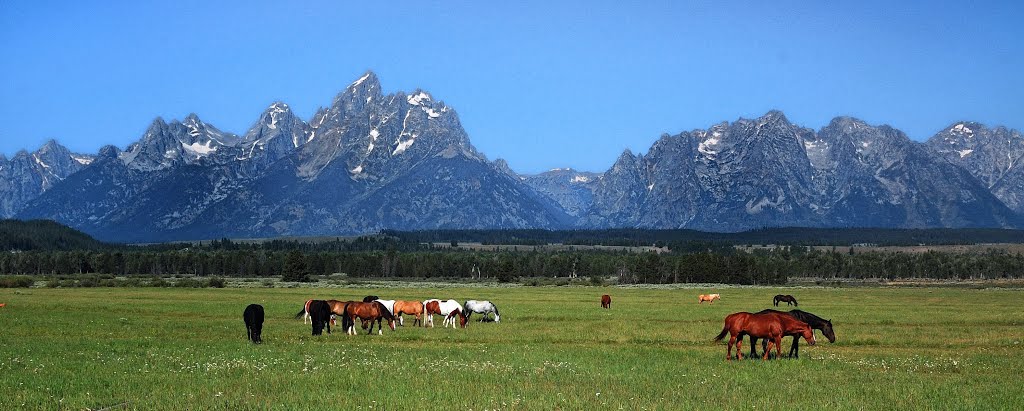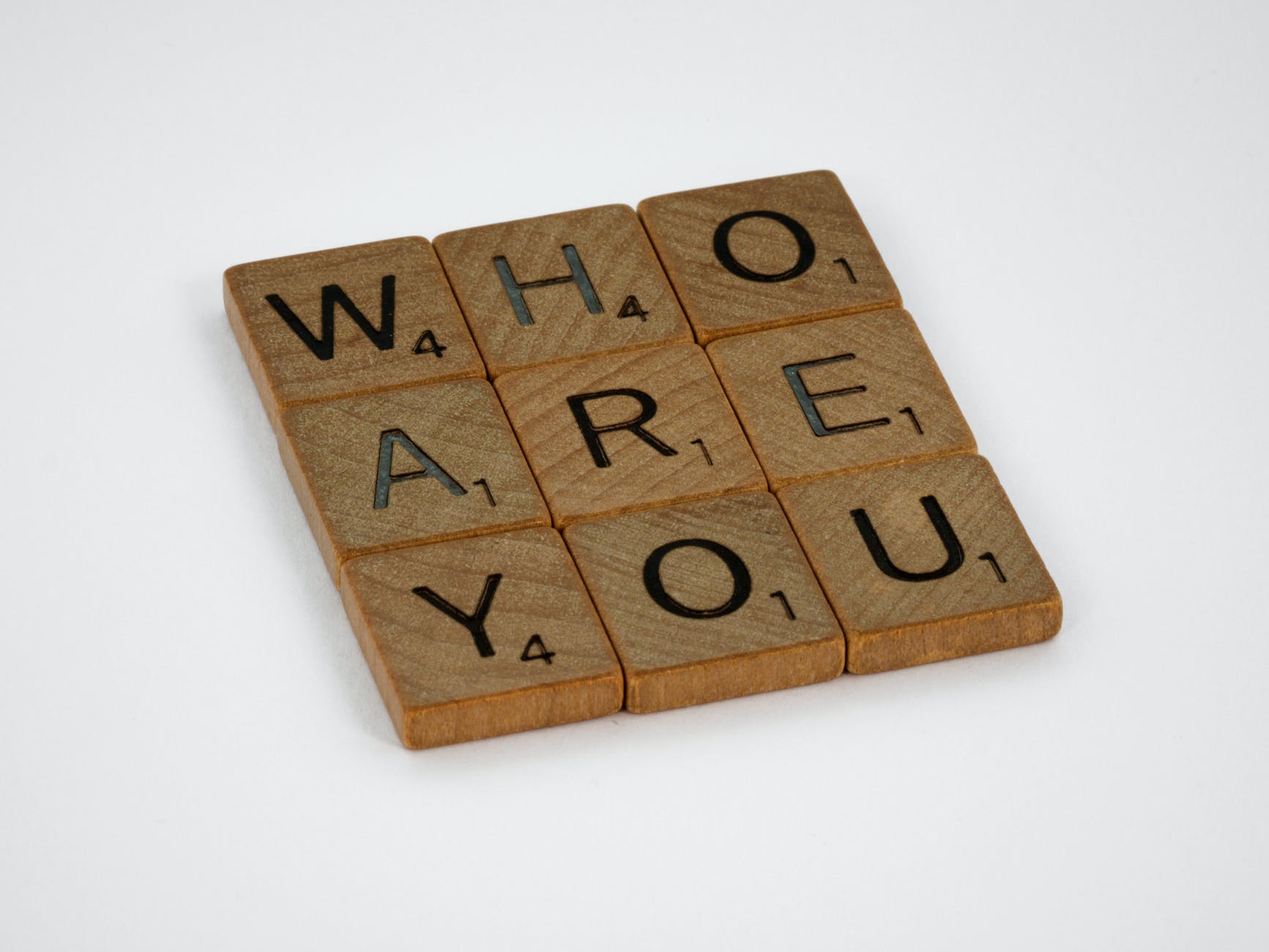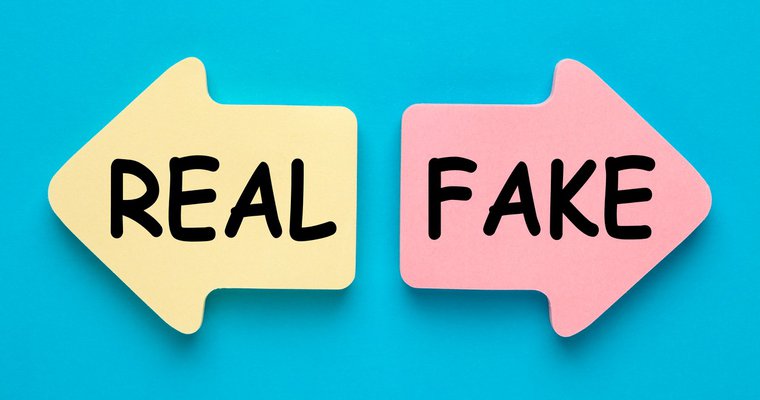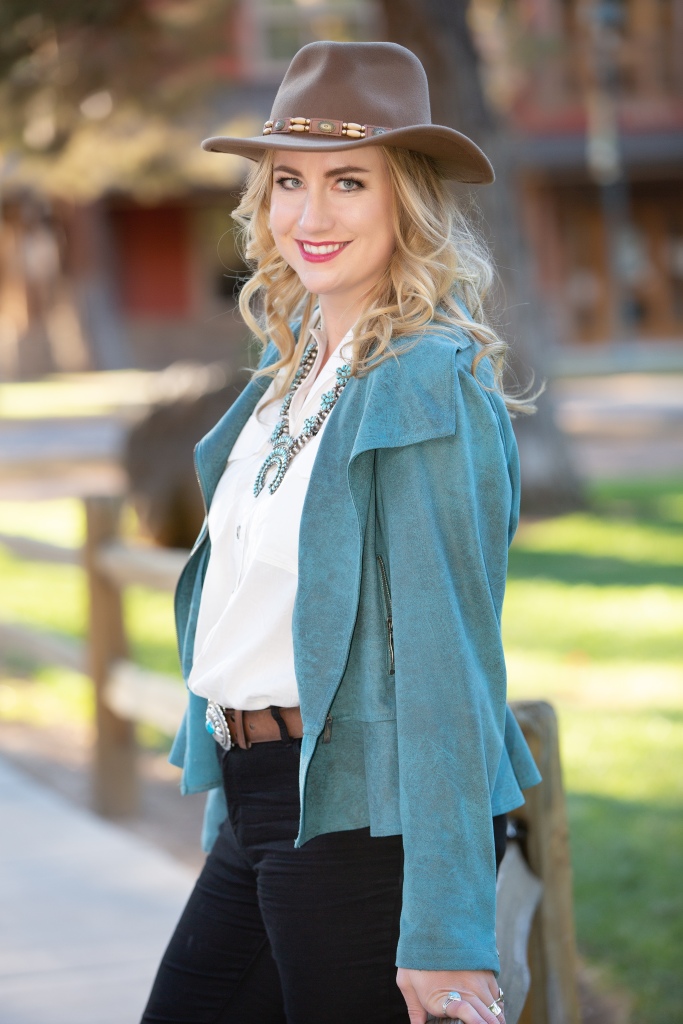I went rummaging through my garage the other day. With every intention of finding my plastic pumpkin to put on my doorstep in a half-hearted effort to appear festive, I instead came upon one of those old keepsake boxes lodged somewhere between my camping supplies and rusted paint canisters. Needless to say, I forgot about my pumpkin for the next couple hours.
I came across a report written when I was 15. It was my then (very serious) life plan. Always a planner, the 10-page timeline composed with typical adolescent invincibility and certainty, outlined with remarkable detail how life will proceed…I played basketball for the legendary Pat Summitt at the University of Tennessee, I became a veterinarian, I decided not to marry until I was exactly 27 years old, I married a fellow vet (apparently named Kevin) who as luck would have it, was a previous Abercrombie & Fitch model…we had 3 children illustrated by cut-outs from the JC Penney catalog, we moved to Jackson Hole, Wyoming, and magically had the means to buy a multi-million-dollar equine estate on 50 acres against the Tetons. Perhaps it was Kevin’s modeling royalties? Not sure.



Not to delve too far into my life story, but my teenage self who was very married to her idea of authenticity did not have as functional a crystal ball as she thought. Fast forwarding, I got married at 22, settled for hooping it up during late night pick-up games…mostly schooling my future husband who while quite attractive, did not hail from Abercrombie & Fitch…we did live in Wyoming for a while in a very economical however structurally questionable apartment (one of our 10 post-marriage moves), and we are for now settled in Sisters, Oregon with four-legged children only.
All this to say that as much as we might feel we are staying allegiant to our authenticity in the moment, life has a way of surprising us.
Stop Seeking and Just Be
The quest for the ‘true self’ has been touted in pop culture and psychology as something the enlightened human ought to uncover. It has inspired modalities of therapy, meditations, retreats, podcasts, and God only knows how many self-help books. There is some implication that with enough introspection and self-discovery, we ought to find our ‘true self’ at the end of some rainbow and then hope to hold on to him/her forever. It is all a bit overrated in my book.

If we are getting scientific, how we feel and perceive ourselves and those around us is so multifaceted around physiology, environment, and circumstance, that one could argue that we wake up a new animal each morning. The idea of unearthing our true self and remaining in perpetual alignment is simply, not aligned with the human experience.
A lot of anxiety comes for folks in the perceived quest for happiness. We develop benchmarks for contentment. When I lose 10 pounds…when I own a house…when I advance my career…when I fall in love. We chase ideas of “reaching our full potential”, or finding our “purpose”, and yes, the perpetual and never fully fruitful quest of finding our “true self”. Problem is that while on that quest we can lose sight of the present. Perhaps we ought to change the narrative that the true self is found in simple acknowledgement of who we are in this moment. Goals are good, but postponing contentment erases purpose altogether.

Social Incentives
When we make a mistake or behave in a way we regret, we may often find ourselves saying, “that was just not like me” or “that’s not who I am”. It seems that a lot of our perception of what our true self ought to be is closely aligned with concepts of reputation and social acceptance. This makes good sense in the lens of evolutionary psychology that proposes we are ultimately more protected as an individual when we can make friends and have allies. Interestingly, research has suggested that our perceived authenticity is stronger when we are more aligned with external social structures.
Depending on our routines, many of us may encounter multiple social settings within the course of our day…our work setting, our family setting, our friends setting, etc. How we show up in regard to personality, professionalism, and behavior is very likely to change a bit depending on the social setting. Does that mean we are foregoing our authenticity? Perhaps it just means we are adaptable and socially flexible humans. Kudos to us.
While I am not advocating for being a doormat, we cannot separate the fact that our perception of identity is inextricably linked to our social and cultural landscape that will undoubtedly change overtime. Having a sense of our core values that help fortify our internal compass is important, but accepting these values may shift allows us the space to redefine meaning throughout our life.
Finding Peace in the Dissonance
Humans are strange creatures. If we were all strictly allegiant to authentically expressing our internal thoughts and feelings, we would all undoubtedly be locked up. We all have our shadows, our moments of scary thoughts, sometimes violent thoughts, sometimes just plain weird thoughts. While we will have our slip ups, many of us have learned through supportive social conditioning how to filter and redirect such moments. Much of the time we can play the role of a decent human without our moments of internal recklessness being found out.

There will always be a degree of dissonance between our internal thought life and our external expressions of identity. Sometimes we can be too painfully aware of our inner insecurities, places of shame, and negative self-talk. Some of us become masters at masking our inner shadows, but nevertheless we can feel like imposters. We convince ourselves that the dissonance between the inside and the outside means we are fraudulent- not adhering to our “truth”. As we scroll through filtered, blissful images on social media we can furthermore become convinced that others have somehow figured out this game of inner and outer harmony that we are seemingly lacking. We are all fooling ourselves.
How Can You Best Show Up Today?
Many of us may be aware of the ways we can improve, our opportunities for growth, our goals. We may have convinced ourselves that in order to find our “truth” that such conditions need to be met. Have you ever asked yourself what happens in the meantime however?
Forget about your true self. Let go of the quest. What about your best self—today? With everything that has culminated thus far, how can you best show up for yourself today and in this moment? How about for others? Something else may transpire tomorrow. Your best self may change. Trust that your best is simply enough.
For now, my best self will return to the garage on the very important quest to find my adrift plastic pumpkin.
Thanks for listening everyone.
With gratitude,

Audry Van Houweling, Owner, She Soars Psychiatry, LLC
Sisters & Silverton, Oregon